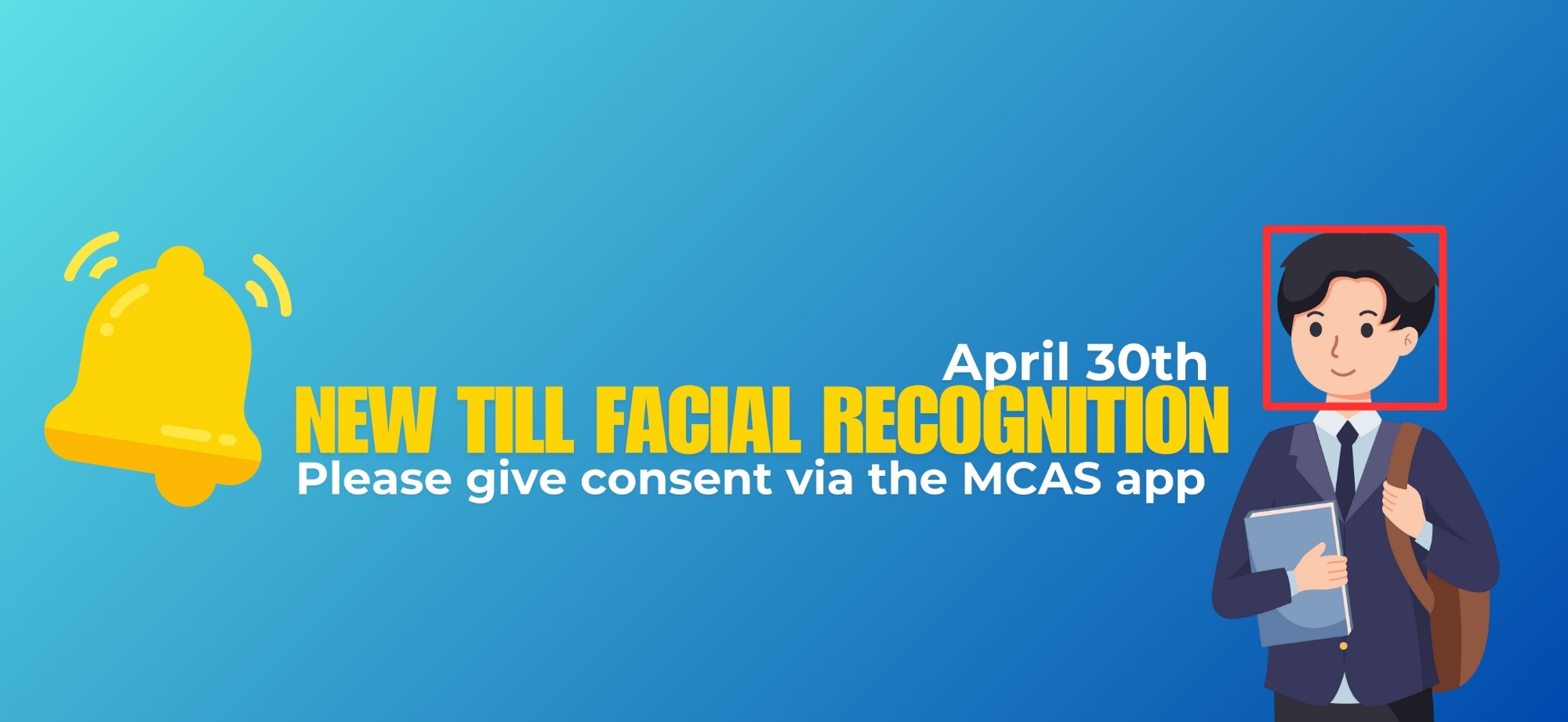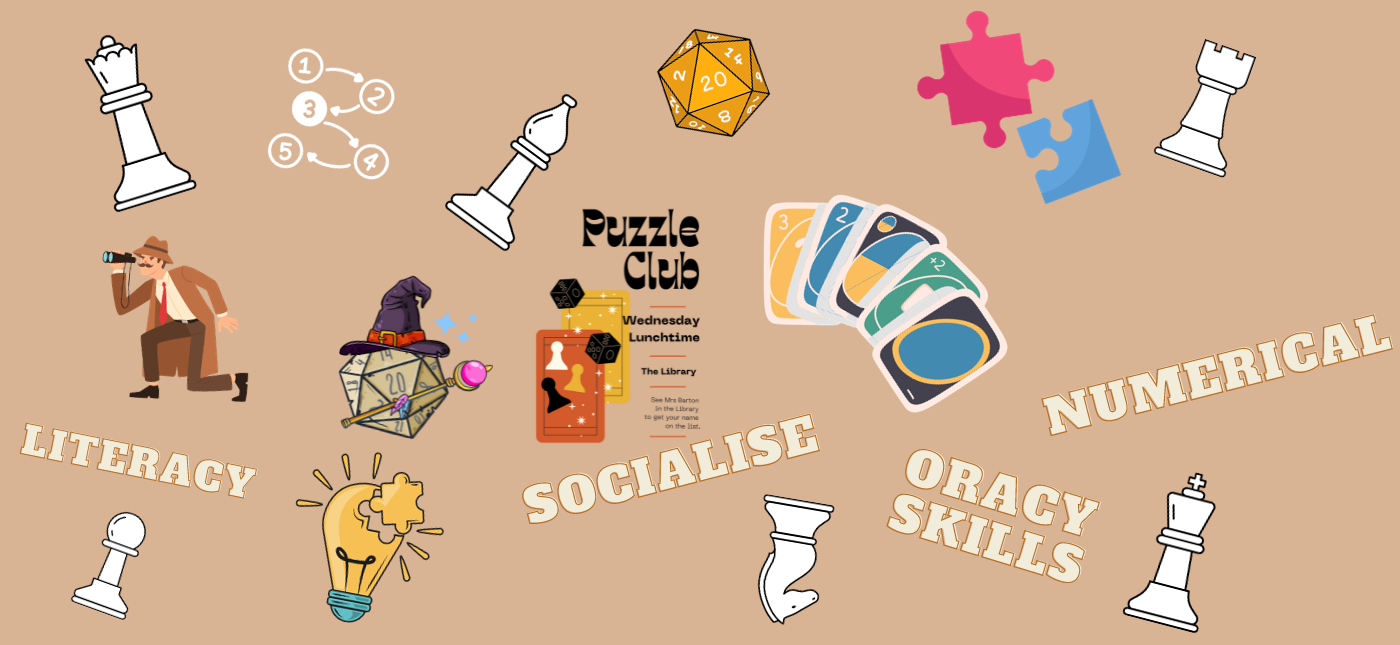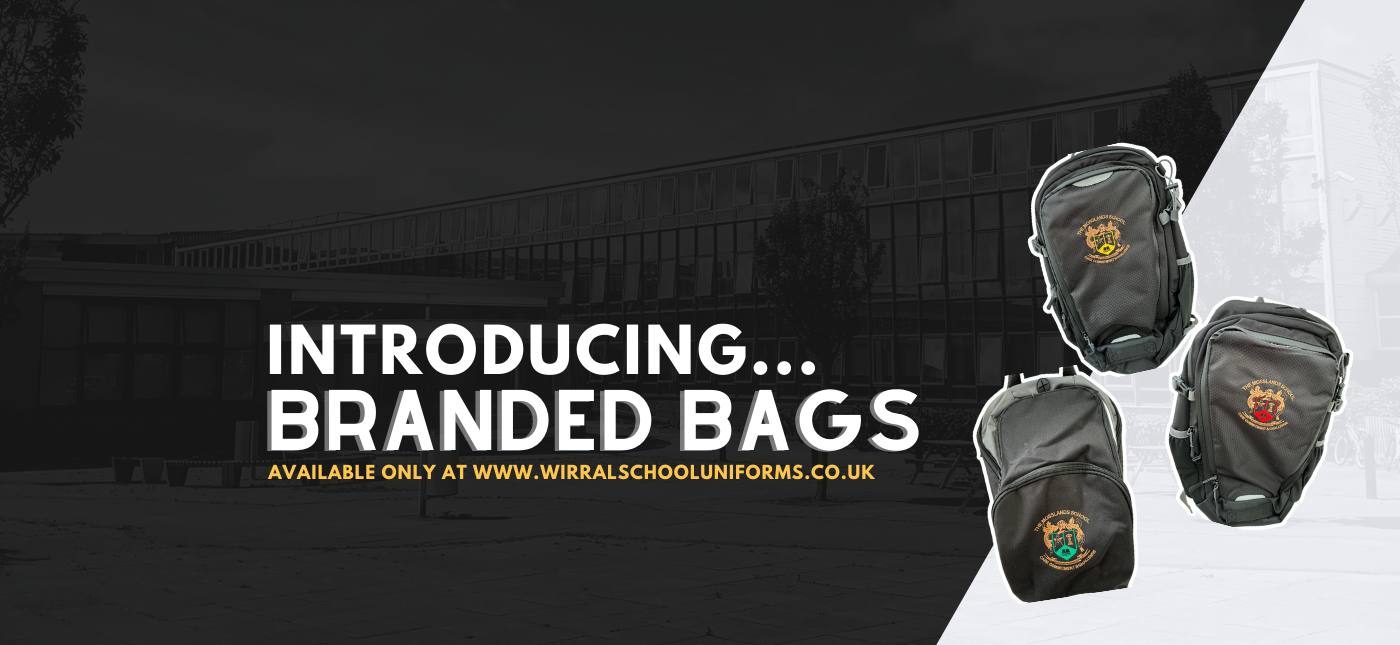The Knowledge and Skills overviews show the specific geographical content students will learn in each unit of study throughout the year. These documents outline both the substantive knowledge (locations, processes, and environmental systems) and the disciplinary skills (map reading, data analysis, and fieldwork techniques) that students will develop. Each unit is broken down to clearly identify what students need to know and what they should be able to do upon completion. Through the systematic development of both knowledge and skills, students build geographical literacy, analytical capabilities, and a deeper understanding of our world and its interconnectedness.
Select a unit to find out more...
Is our weather becoming more extreme?
| Unit progress criteria |
| Knowledge |
Skills |
|
Weather and Climate
- Distinction between weather and climate
- Components and processes of the water cycle
- Urban water cycle characteristics and comparison to natural water cycle
- Different types of rainfall and their formation
Extreme Weather
- Tropical Storms
- Global distribution patterns
- Formation processes and conditions
- Impact categories and case studies
- Management and prevention strategies
- Wildfires
- Global distribution patterns
- Physical and human causes
- Environmental and social impacts
- Case study examples
- Droughts
- Definition and characteristics
- Global distribution of drought-prone regions
- Impact categories (social, economic, environmental)
- Management strategies and effectiveness
- Case study examples
- Floods
- Human and physical causes
- Impact categories
- Prevention and management strategies
- Ice Storms
- Formation conditions
- Regional impacts
- Case study knowledge
|
Analytical Skills
- Categorizing weather phenomena
- Evaluating management strategies
- Assessing impact severity
- analysing cause and effect relationships
- Comparing different weather systems
Geographical Skills
- Using geographical terminology accurately
- Interpreting global distribution patterns
- analysing case studies
- Understanding physical processes
- Making connections between human and physical factors
Communication Skills
- Using appropriate geographical vocabulary
- Explaining complex processes
- Describing spatial patterns
- Presenting evidence-based arguments
Evaluation Skills
- Assessing effectiveness of management strategies
- Weighing evidence for climate change
- Comparing different types of weather phenomena
- Evaluating the severity of impacts
- Making justified conclusions
Research Skills
- Investigating case studies
- Gathering evidence
- Using examples to support arguments
- Applying knowledge to real-world scenarios
|
Why are some countries more developed than others?
| Unit progress criteria |
| Knowledge |
Skills |
- How we can compare countries using different development indicators.
- Which countries are developed and less developed?
- Understand the global variations in economic development and quality of life
- Analyse different measures of development (economic, social, demographic)
- Evaluate the causes and consequences of uneven development
- Investigate strategies for reducing the development gap
- Apply geographical skills to interpret development data
|
Geographical Skills
Interpreting choropleth maps showing development indicators
Creating and interpreting scatter graphs
Using development databases
Comparing data from different sources
Critical Thinking Skills
Evaluating the reliability of development indicators
Analysing cause and effect relationships
Understanding different perspectives on development
Making evidence-based judgements
Research and Communication Skills
Conducting independent research on case studies
Presenting findings using appropriate geographical terminology
Developing balanced arguments
Working collaboratively
|
Who will the C21st belong to?
| Unit progress criteria |
| Knowledge |
Skills |
|
Core Knowledge Requirements:
- Understanding of Key Terms and Concepts:
- Definition and characteristics of a "superpower"
- Understanding of "emerging superpowers"
- Concept of colonization and its historical impact
- Understanding of indigenous peoples
- Knowledge of capitalism and its role in global power
- Comprehension of the British Empire and its legacy
- Global Geography:
- Location and characteristics of the 5 world leading superpowers
- Nigeria's location and significance in Africa
- Understanding of Russia's geographic features and challenges
- Understanding of US geography and its strategic advantages
- Knowledge of African resources and development challenges
- Historical Context:
- The role of the British Empire in world affairs
- Impact of World Wars I and II on global power structures
- Understanding of the Marshall Plan and its effects
- Knowledge of US-Middle East relations
- Understanding of the Iraq War and its causes
- Contemporary Issues:
- Current status of the USA as a global superpower
- China's growing global influence
- Understanding of international alliances
- US interests in the Middle East and Afghanistan
- African development challenges and opportunities
|
Key Skills:
- Geographical Analysis:
- Use of appropriate geographical terminology
- Map reading and interpretation
- Understanding of geographical advantages and disadvantages
- Analysis of how geography influences national development
- Critical Thinking:
- Evaluation of opportunities and challenges
- Assessment of cause-and-effect relationships
- Analysis of complex global relationships
- Prediction of future global power shifts
- Comparative Analysis:
- Comparing different superpowers and their characteristics
- analysing advantages and disadvantages of geographical locations
- Evaluating different political and economic systems
- Evidence-Based Reasoning:
- Using examples to support arguments
- Drawing conclusions from geographical information
- Making informed predictions about future developments
- Communication:
- Using geographical terminology appropriately
- Expressing complex ideas clearly
- Supporting arguments with relevant examples
- Explaining geographical concepts and relationships
|
How does conflict shape communities and landscapes?
| Unit progress criteria |
| Knowledge |
Skills |
- Resource Geography: Understand how natural resources (diamonds, water, land) create conflict situations and explain resource scarcity impacts.
- Environmental Systems: Analyse the Aral Sea case study, explaining causes and effects of environmental degradation and water conflict.
- Climate and Water: Understand sewage systems, water contamination, and environmental consequences of resource exploitation.
- Conflict Analysis: Define conflict, explain how resources lead to territorial disputes, and analyse civil war impacts on communities.
- Economic Geography: Assess economic impacts of HS2, evaluate cost-benefit analysis, and understand resource exploitation economics.
- Social Geography: Examine child soldier recruitment, analyse stakeholder perspectives, and evaluate social consequences of conflict.
|
- Map Skills: Locate and label countries A-O on world maps, building on from Year 7 and 8’s continent and ocean identification skills.
- Data Analysis: Interpret bar charts showing HS2 journey times, analyse sewage discharge trends, and examine landmine distribution patterns using statistical evidence.
- Evaluate whether HS2 costs outweigh benefits, assess sewage discharge policies, and analyse conflict solutions.
- Examine specific examples including Sierra Leone civil war, Aral Sea disaster, and HS2 development.
- Compare different viewpoints on HS2, sewage discharge, and resource conflicts using evidence.
- Structured Arguments: Construct balanced arguments about controversial issues using introduction, reasons, and conclusions.
- Data Presentation: Create pie charts, categorise impacts (social/economic/environmental), and present findings clearly.
- Research and Investigation: Investigate blood diamonds, child soldiers, and environmental conflicts using multiple sources.
|



















